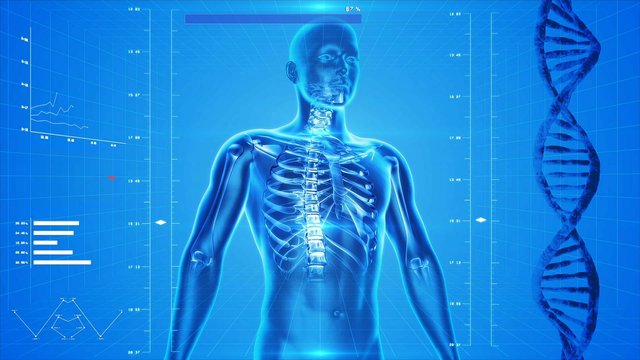BENEFITS OF BLOCKCHAIN IN HEALTHCARE
Some of the characteristics that make it possible for cryptocurrency blockchains to serve as a secure log of financial transactions also apply to the storage of medical information. It is very challenging to disrupt or change the data without the consent of the other network users because the majority of blockchains are built as distributed systems that record and safeguard files using encryption. Immutability is thus one of the characteristics that makes it possible to build incorruptible databases for medical records.
Furthermore, despite the fact that they are stored on various computers, all versions of a patient's data can be synchronized with one another when modifications are made thanks to the peer-to-peer architecture utilized by blockchains. The full blockchain is really stored on each network node, and they communicate frequently to make sure the data is accurate and true. Decentralization and data dispersion are therefore crucial elements.
Blockchains are distributed, but they are not always decentralized (in terms of governance), it is important to note. Distributed systems may exhibit varying degrees of decentralization since decentralization is not a binary concept. Instead, it depends on how nodes are distributed and on the system's general architecture. Contrary to the public blockchains that are often utilized as bitcoin ledgers, blockchains for the healthcare industry are normally created as private networks. A private blockchain requires authorization and is run by fewer nodes than a public blockchain, which anybody can join and contribute to.

Blockchain Technology is very popular technology.
Blockchain offers a lot of benefits which is why it should be widely adopted